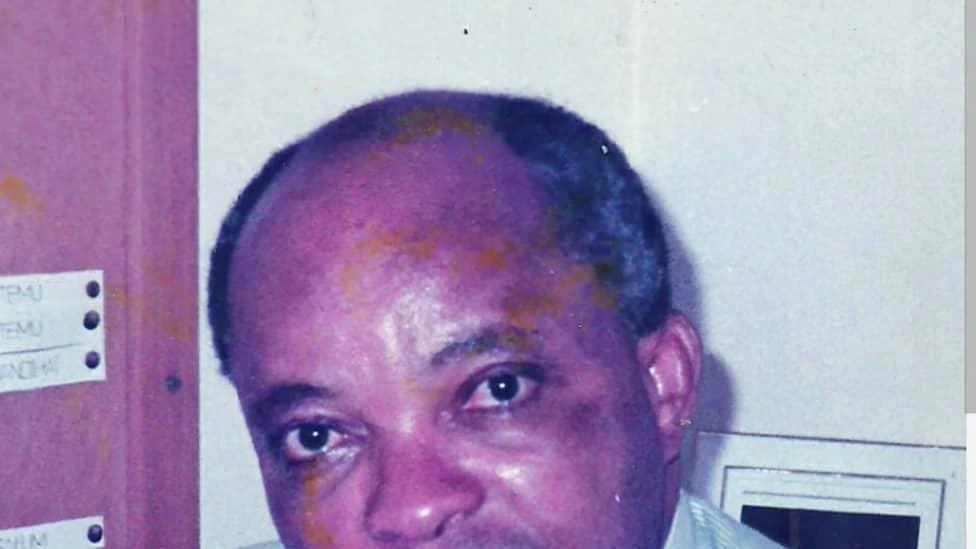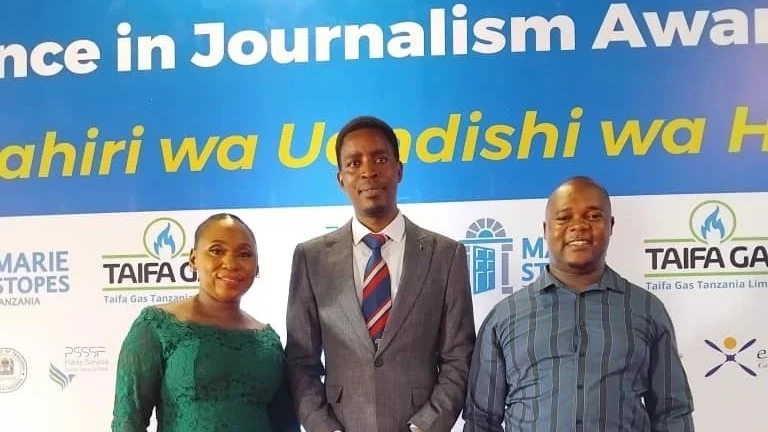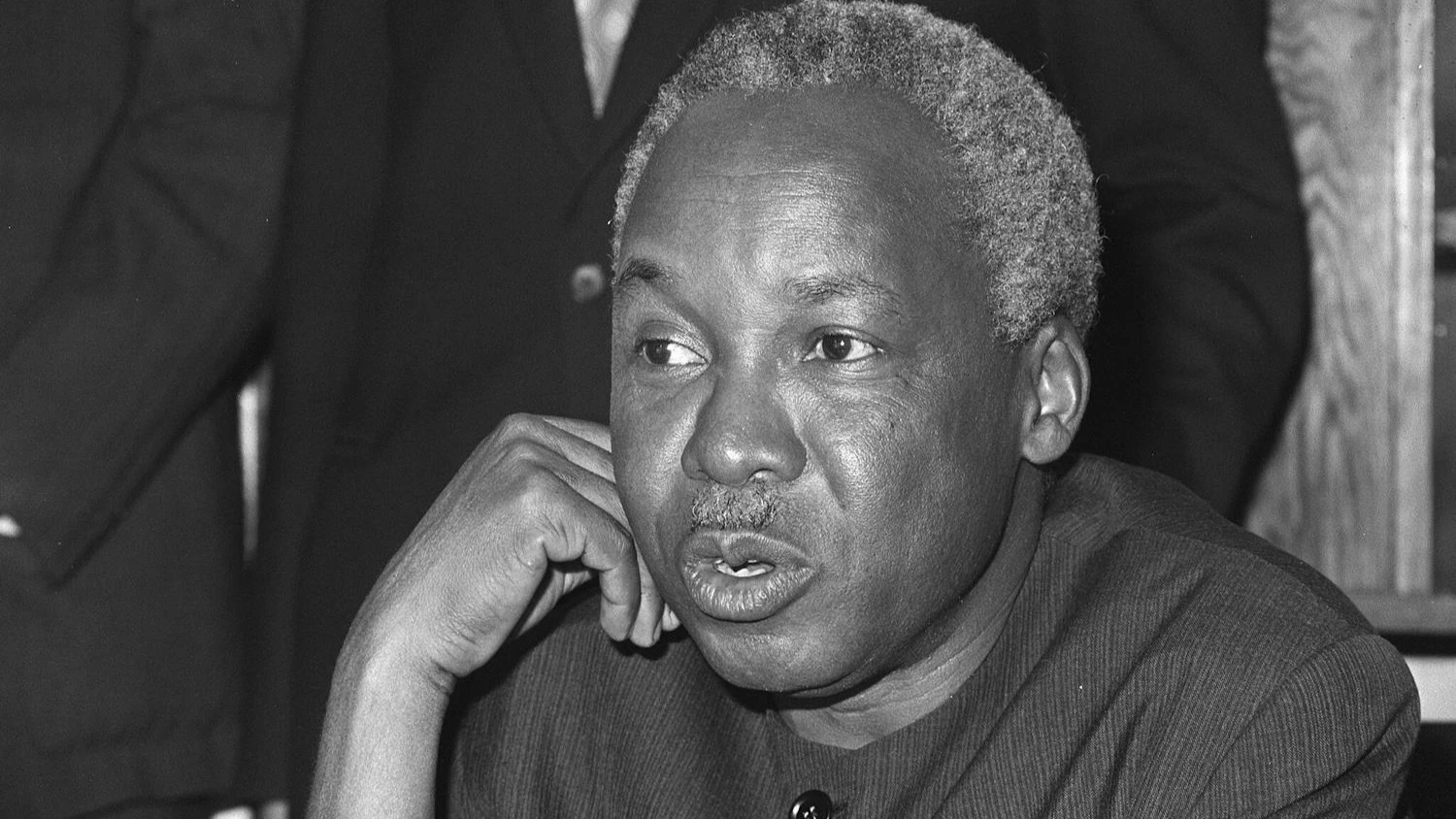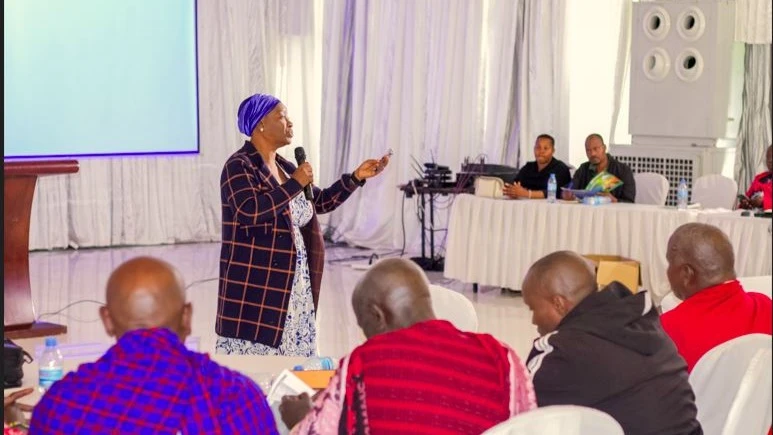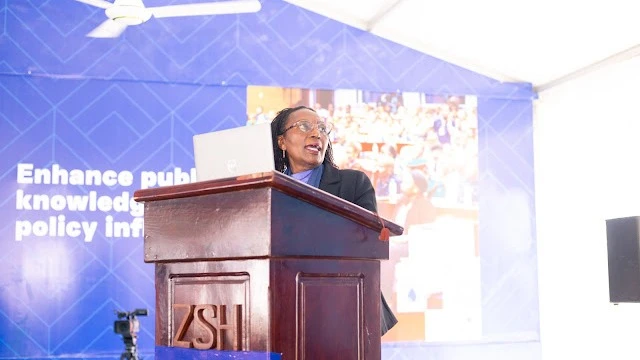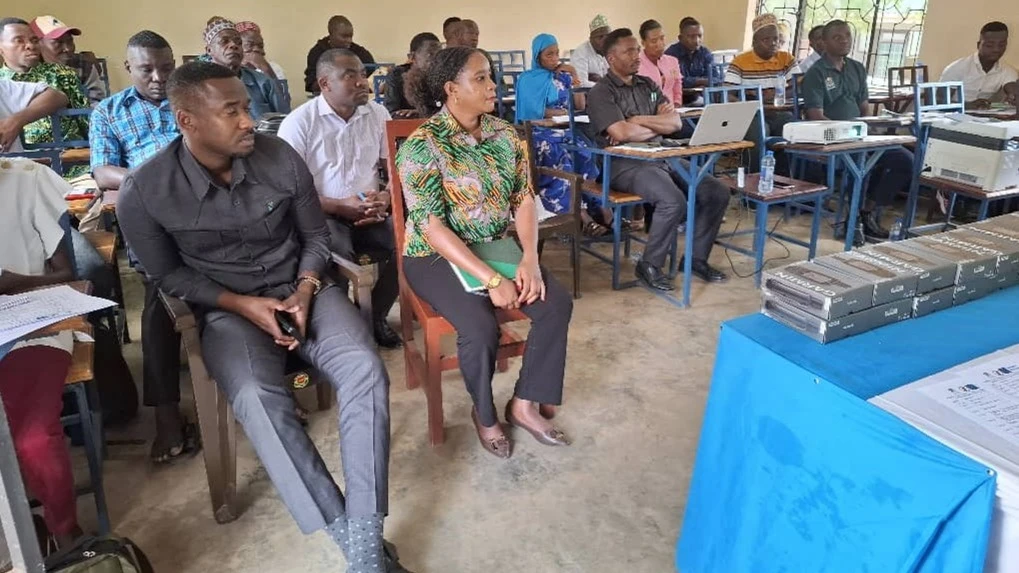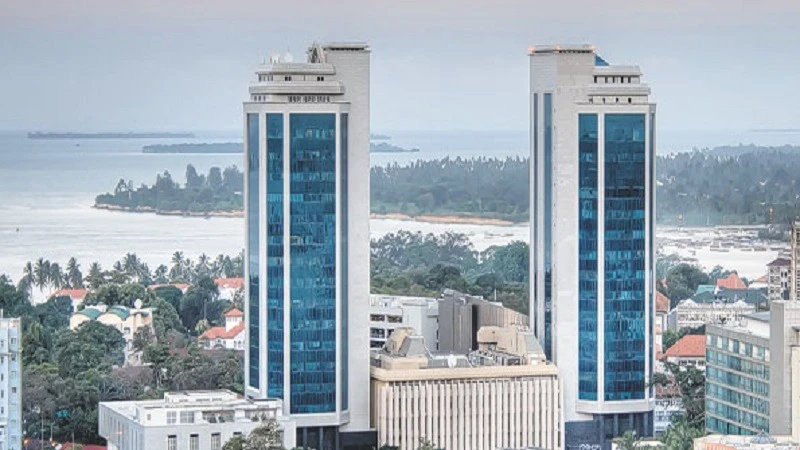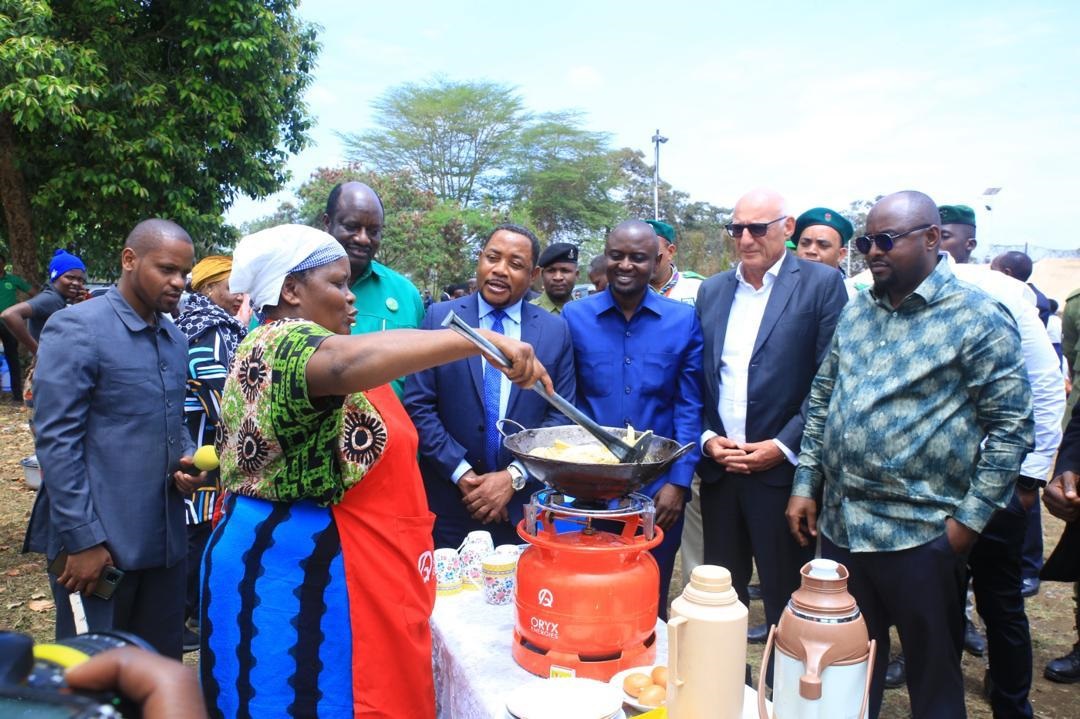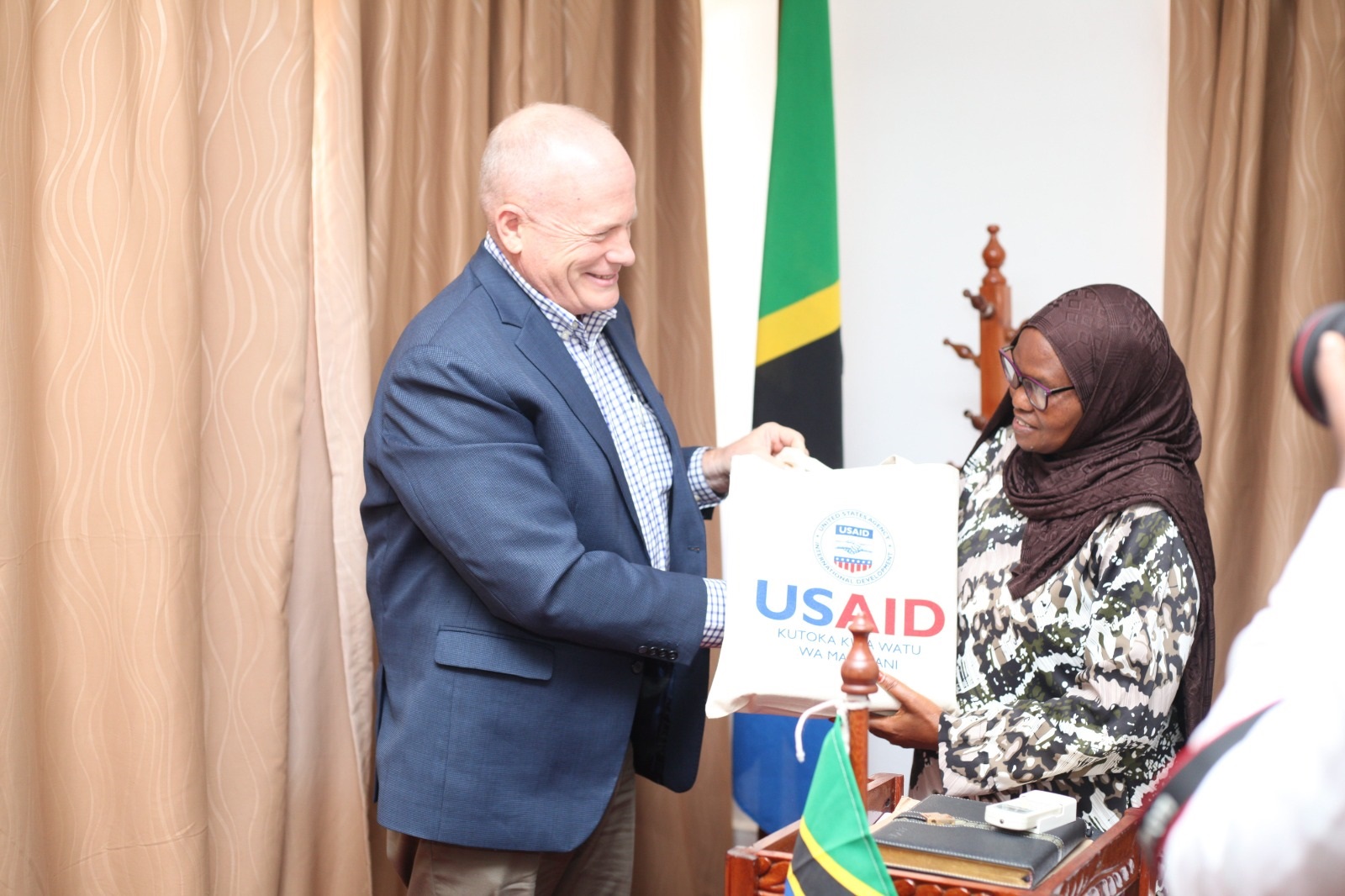EJAT: Celebrating journalism and the unseen backbone of excellence
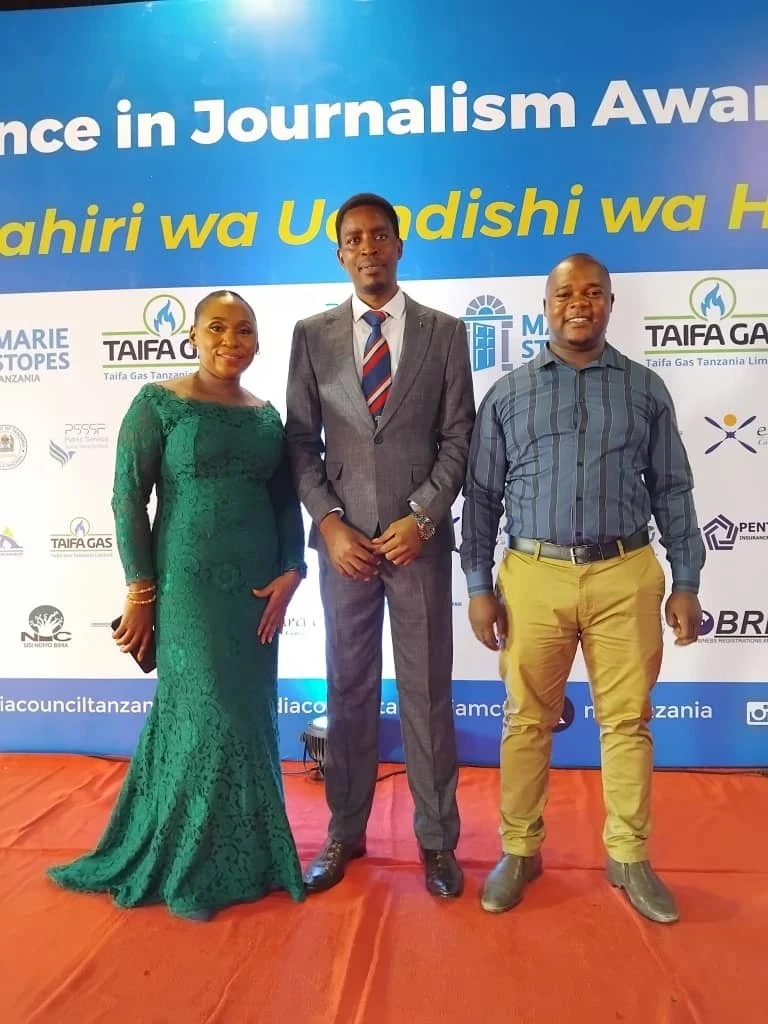
ON the night of September 28, 2024, the Excellence in Journalism Awards Tanzania (EJAT) lit up the Diamond Jubilee Hall in Dar es Salaam, uniting journalists, industry leaders, and media enthusiasts in a vibrant celebration of remarkable contributions to journalism.
Organized by the Media Council of Tanzania (MCT) alongside partners such as the Tanzania Media Foundation, the Media Institute of Southern Africa-Tanzania (MISA-Tan), and others, the event overflowed with heartfelt moments, triumphs, and inspiring conversations. However, amidst the glow of accolades and recognition, a crucial aspect of the journalism landscape often remains in the shadows: the editors.
Every newsroom is a kaleidoscope of stories, often brimming with headlines that proudly announce their journalists’ victories. Yet, behind these celebrated moments, the editors—the unsung heroes—remain largely unacknowledged.
Their tireless contributions and sacrifices are crucial in shaping the narratives that take center stage. As Abdi Sultan, a veteran editor, once poignantly stated, ‘Editing is a thankless job.’ This reflects the unyielding commitment editors bring to their roles, orchestrating the intricate processes that lead to celebrated stories, while often receiving little to no recognition in the public eye.
Imagine a world where news stories were thrust into the limelight without the meticulous oversight of editors and sub-editors. It would be chaotic—a shambles of misinformation and misrepresentation.
Editors are the architects of clarity, the guardians of accuracy. They ensure that every detail is polished and precise, breathing life into the raw drafts submitted by reporters. The editing process, which often involves scrutiny and thoughtful restructuring, ensures that each story is not just read, but understood.
It’s time we shift the narrative and celebrate the newsroom's backbone. In other countries, like Kenya, Ghana, and Nigeria, editors are often recognized alongside their journalists. Their names and photos accompany the stories, acknowledging the immense effort that goes into crafting quality journalism. This recognition fosters a culture of excellence, where success is shared and celebrated collectively.
In Tanzania, we have yet to adopt this practice. Many successful stories emerge from our newsrooms, yet the voices that helped shape those narratives—the editors—are left unheralded. It’s disheartening to see winners of prestigious awards shine while their editors remain anonymous, their contributions overlooked.
As a friend of mine recounted, he spent an entire week toiling on a special report for a journalist, only to see the latter receive accolades with no acknowledgment of his efforts. This scenario is not just an isolated incident; it epitomizes the reality many editors face—a thankless job, as Sultan described it.
The role of the sub-editor, often dubbed the “midwife” of the story, is critical to the journalistic process. Sub-editors ensure accuracy by diligently checking facts, trimming unnecessary verbiage, and polishing language to ensure clarity. They are the gatekeepers, safeguarding the integrity of the narrative.
This meticulous process involves detecting and correcting inconsistencies, eliminating libelous statements, and ensuring adherence to the publication’s style guide. Their work allows stories to resonate with readers, presenting information in a manner that is not only informative but also engaging.
Every article that graces a news page passes through various hands—ideas are generated, sources are consulted, stories are crafted, and editing is undertaken. Editors mold the raw materials provided by reporters into polished pieces that captivate audiences. It is crucial to recognize that excellence in journalism cannot exist in isolation; it requires collaboration, communication, and mutual respect among all contributors. When journalists win awards, it’s essential to spotlight the individuals who nurtured their work, guiding it from a mere concept to a compelling narrative.
In examining journalism across Africa, we find notable examples where editors are celebrated alongside their journalists. In these countries, there exists a profound appreciation for the intricate dance between reporting and editing, fostering an environment of collaboration and excellence. When journalists shine, editors bask in the glow of their success. They share in the pride of the stories they have helped shape, creating a community that thrives on mutual recognition and respect.
As we reflect on the EJAT ceremony and the stories that emerged from Tanzanian newsrooms, it’s crucial to remember the vital role of editors in this landscape. Their expertise and dedication to their craft ensure that stories are not only accurate but also compelling.
Editing is an art that goes beyond mere corrections; it involves understanding the essence of a story, shaping its narrative, and making it accessible to the audience. The editing desk is where the raw energy of reporting meets the precision of language and structure.
Success in journalism hinges on the collaborative efforts of all involved, from the initial conception of an idea to the final printed product. It’s time to shift the spotlight and recognize the pivotal role of editors in this ecosystem. Their names should accompany those of their journalists, creating a tapestry of achievement that reflects the collective effort of a newsroom.
As we celebrate the achievements of journalists at events like the EJAT, let’s also acknowledge the editors—the unseen champions of our industry. Their hard work often goes unnoticed, yet it is they who ensure that our stories are told with clarity and purpose. Together, journalists and editors create a powerful narrative that informs, educates, and inspires.
n developed countries, journalism has evolved into a dynamic and collaborative ecosystem, where the recognition of editors is woven into the very fabric of media culture. Renowned organizations like the BBC, The New York Times, and The Washington Post exemplify this ethos by celebrating not just the journalists who report the news, but also the editors who shape and refine these narratives.
At the BBC, editorial teams are acknowledged as vital components of the news process, often receiving credit for their roles in crafting stories that are accurate and engaging. Their names frequently appear alongside those of journalists in bylines, recognizing that the final product is a result of collective effort. This approach fosters a culture where editing is seen not merely as a corrective function but as an essential part of storytelling. Similarly, The New York Times maintains a strong tradition of acknowledging editors. The publication features the names of editors in its masthead, highlighting their integral role in upholding the publication’s standards of journalism. During award ceremonies, the contributions of editors are recognized in tandem with those of the journalists, celebrating the collaborative nature of their work. This practice reinforces the understanding that high-quality journalism results from teamwork and shared responsibility. The Washington Post also exemplifies this recognition culture.
In their editorial sections, editors are often credited for their roles in shaping opinion pieces and features, ensuring that readers understand the collaborative effort behind each article. The Post has been known to highlight the contributions of its editorial staff during award nominations and recognitions, emphasizing that success is a shared journey rather than a solitary achievement.
By acknowledging editors as key players in the journalistic process, these esteemed organizations foster an environment where everyone’s contributions are valued. This culture not only boosts morale within newsrooms but also enhances the overall quality of journalism. In developed countries, the message is clear: excellence in journalism is a team sport, and every member of the newsroom plays a crucial role in bringing stories to life.
In Tanzania, recognizing the contributions of editors is vital for the growth of its journalism landscape. Celebrating all contributors promotes a culture of excellence and inclusivity, uplifting the profession and enhancing narratives. This commitment to collaboration will not only improve journalism quality but also provide a solid foundation for future generations, ensuring impactful stories that engage and inform the community.
Top Headlines
© 2024 IPPMEDIA.COM. ALL RIGHTS RESERVED












